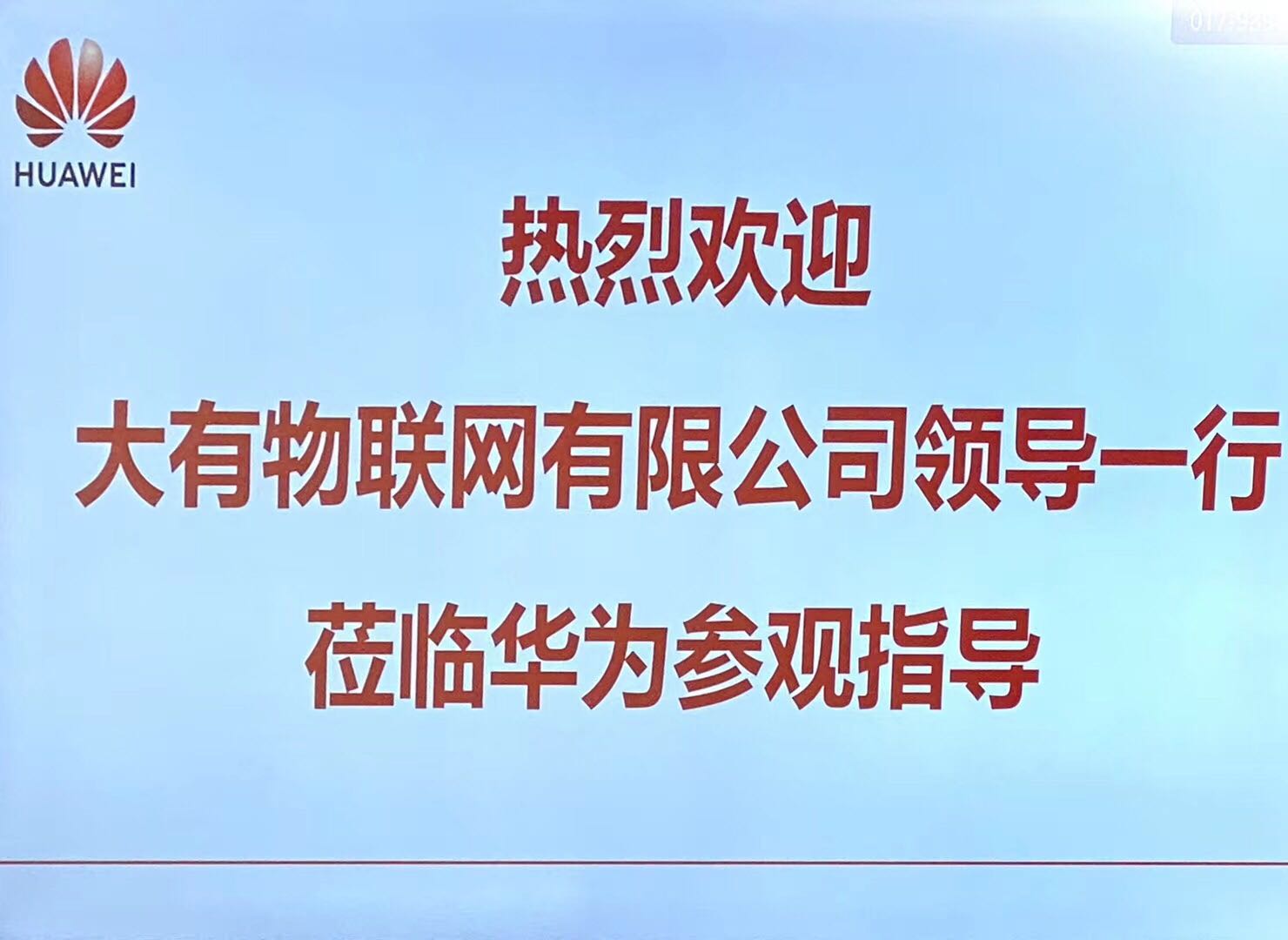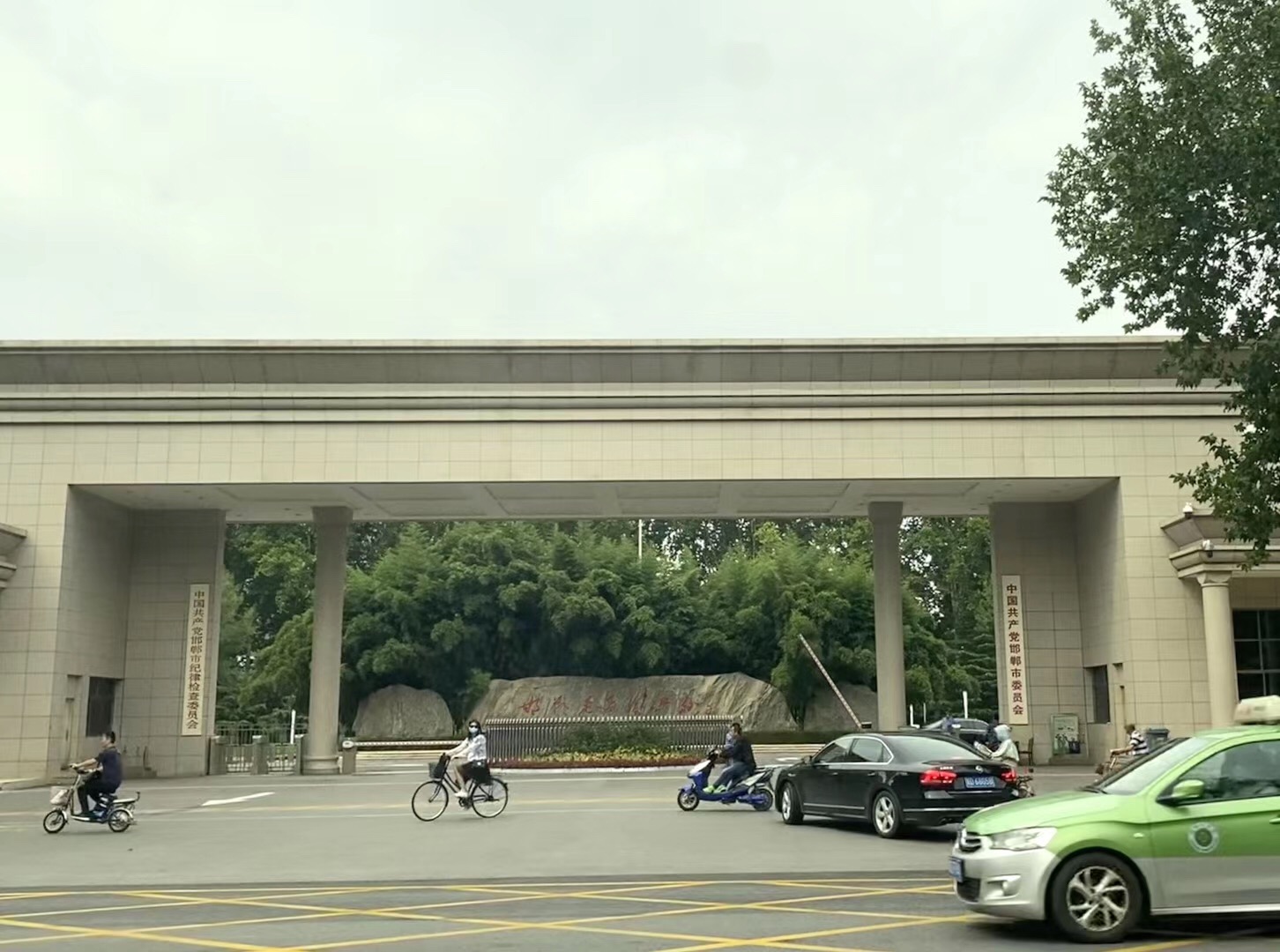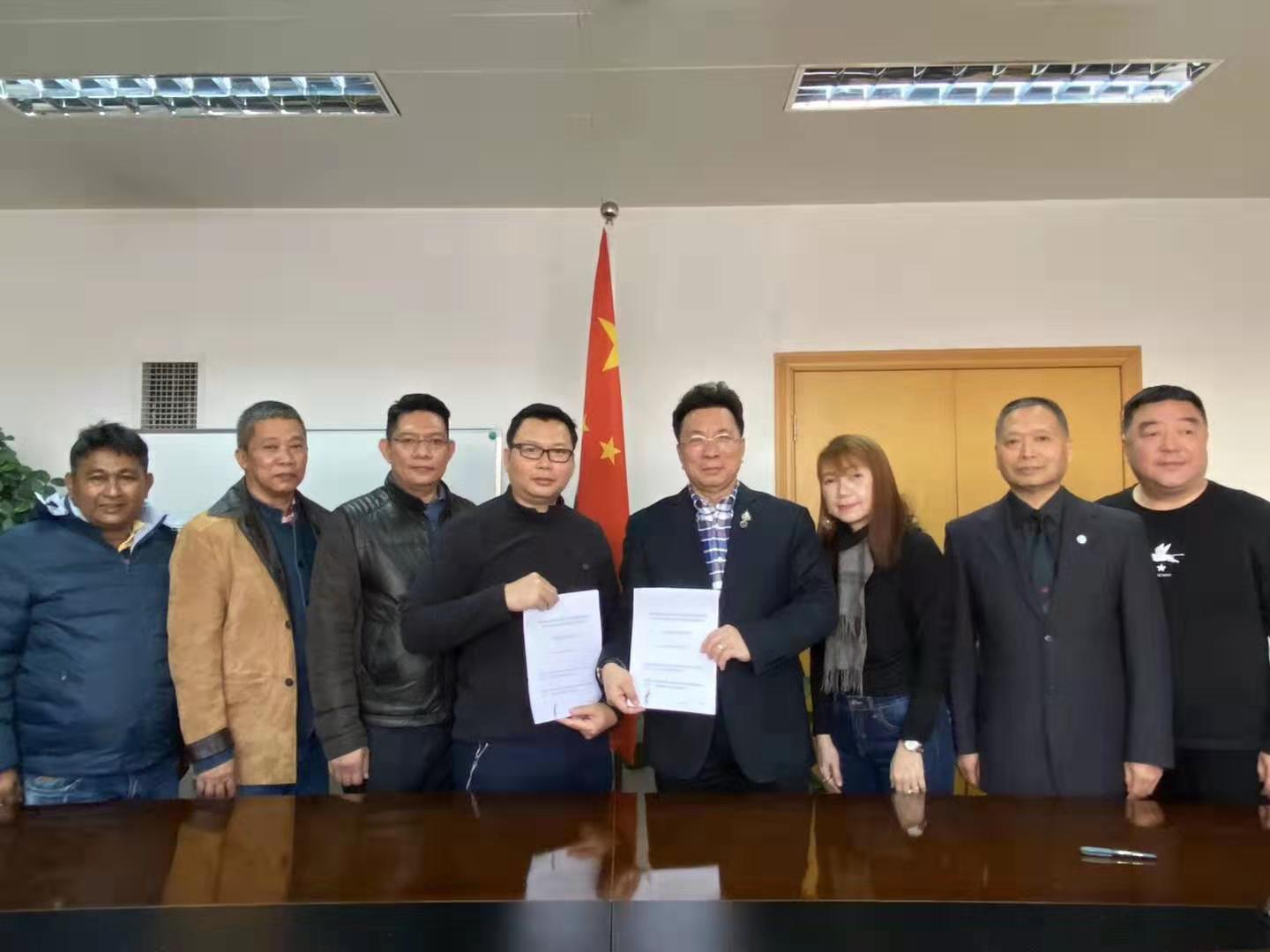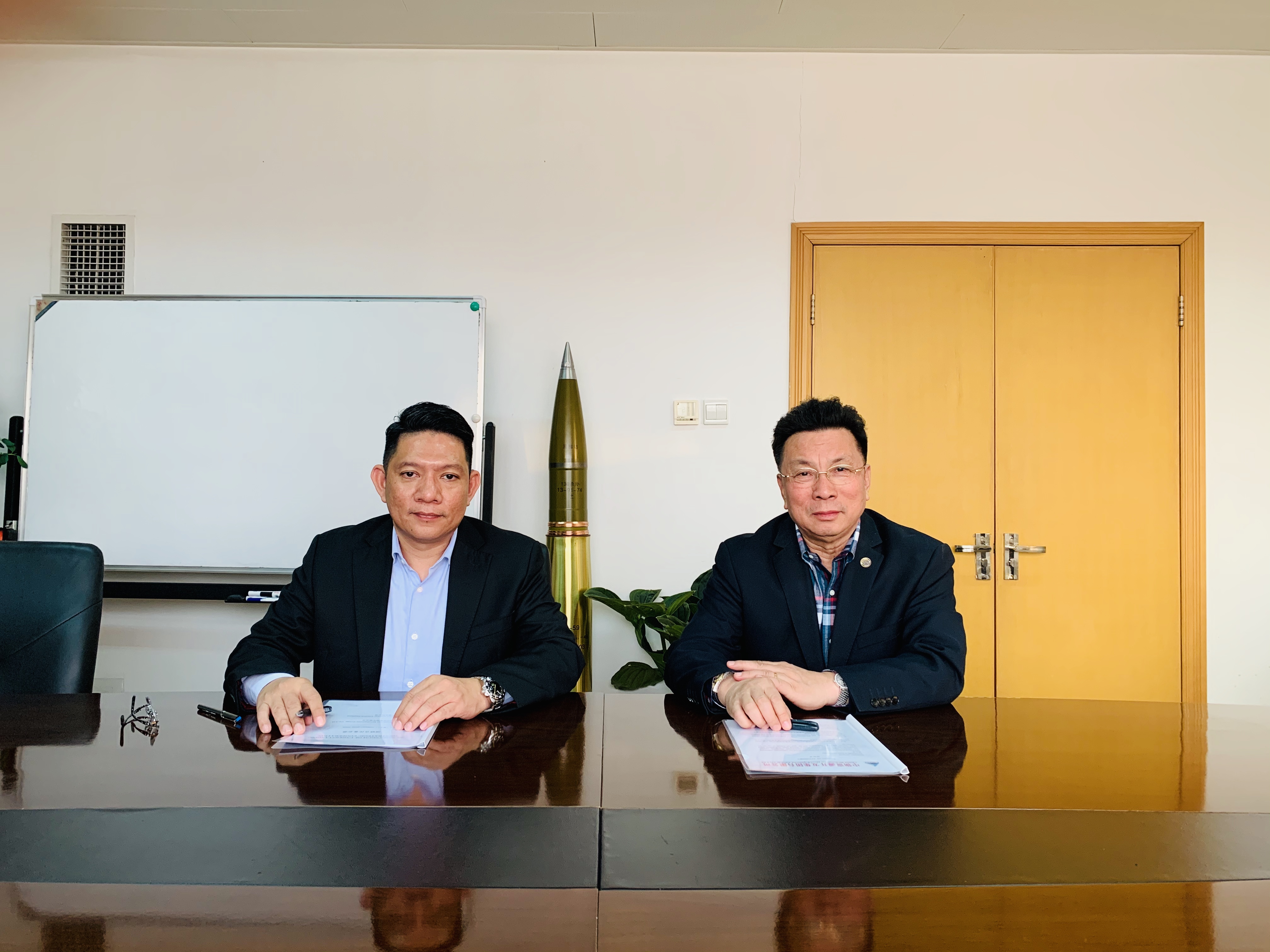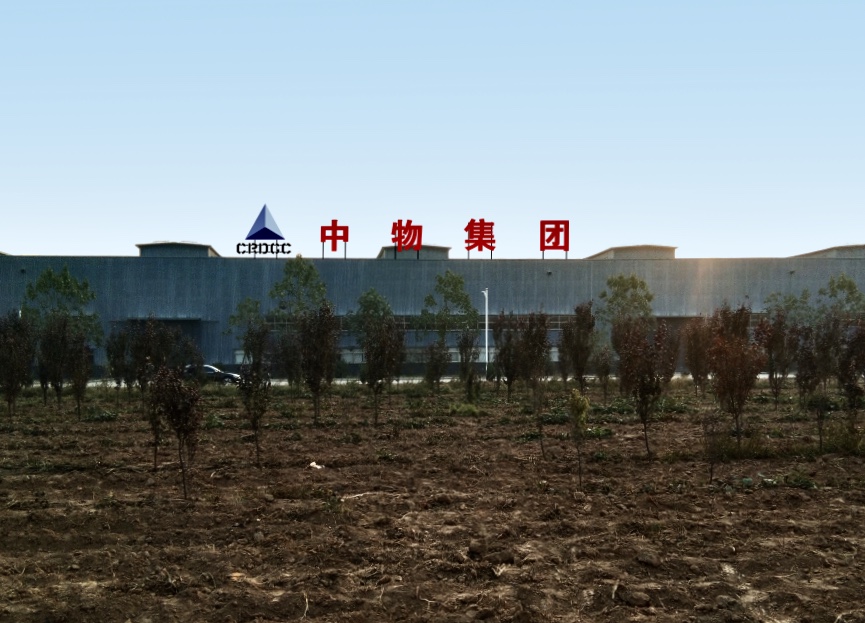Recently, South African BEE Group partners came to our group to visit. The two sides have conducted in-depth and extensive exchanges on transportation, energy and agriculture projects and reached a consensus. They signed a series of project cooperation agreements, hoping to be a traditional friendship between China and Africa. Contribute to the economic development of countries along the way. Both China and Africa have a long tradition of civilization and similar historical development, which has created a natural closeness between the two sides. China-Africa cooperation has a long history and is regarded as a model for South-South cooperation. The China-Africa Cooperation Forum established in 2000 as a platform for strategic strategic cooperation has promoted all-round expansion and upgrading of China-Africa relations. The proposal of the initiative has injected new impetus into China-Africa cooperation.
After the Johannesburg Summit of the China-Africa Cooperation Forum in 2015, China-Africa relations were upgraded to a comprehensive strategic partnership. At the summit, President Xi Jinping proposed a “China-Africa Top Ten Cooperation Plan” with a total amount of US$60 billion to promote the development of China-Africa cooperation. Two aspects of industrialization, agricultural modernization, infrastructure, financial cooperation, green development, trade and investment facilitation, poverty alleviation cooperation, public health cooperation, humanities cooperation, peace and security cooperation, in order to achieve two Docking, that is, China's industrial restructuring and industrial integration of Africa's industrialization development, as well as China's "Belt and Road" initiative and the African renaissance and development strategy.
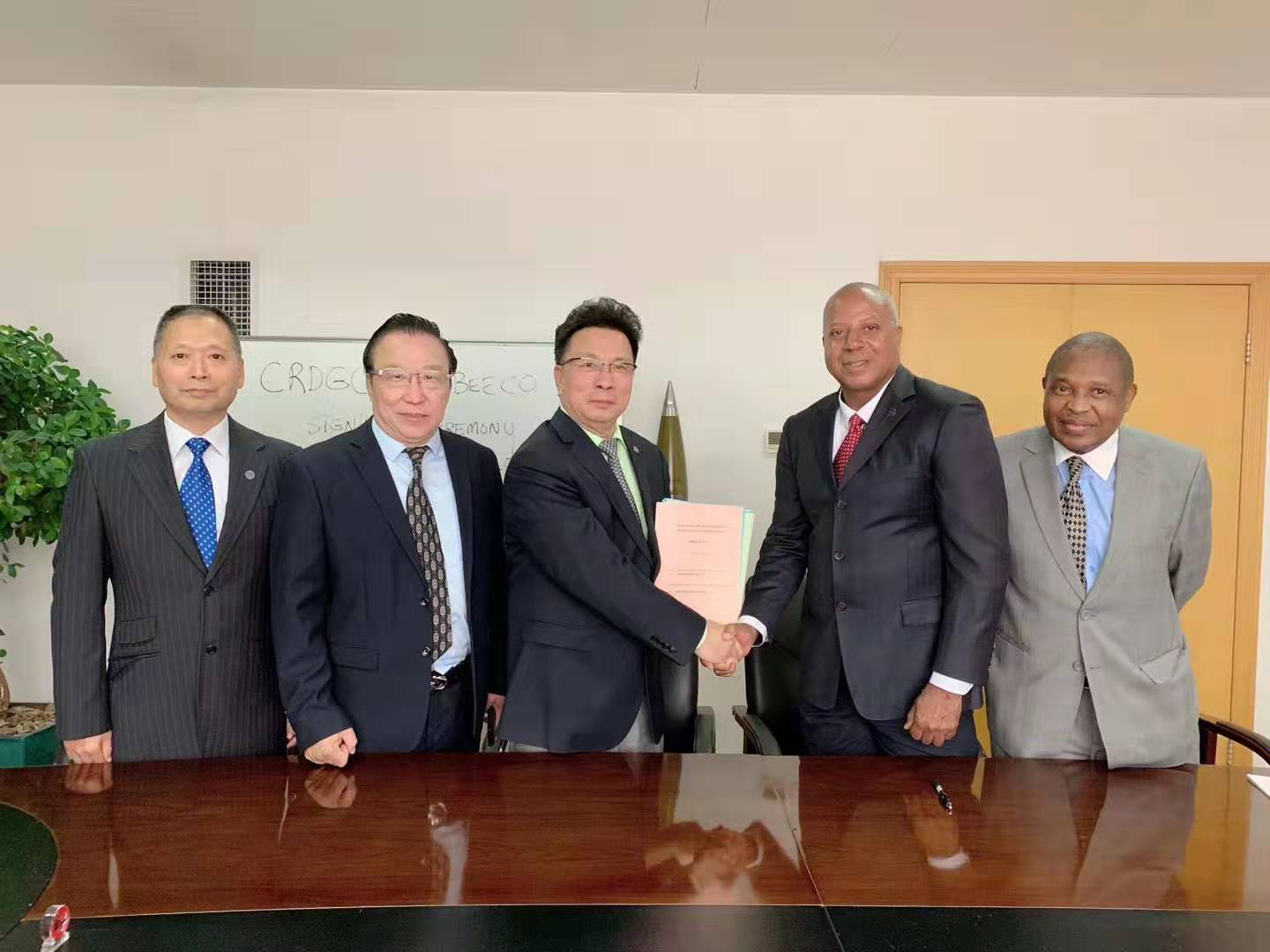
China’s participation in the construction of the “four vertical and six horizontal” railway network, the “three vertical and six horizontal” road network and the African aviation development plan have made substantial progress. The construction of the railway network mainly includes the Yaji Railway, the Inner Mongolia Railway, the Nigerian Coastal Railway, and the Egyptian Suburban Railway on the 10th of Ramadan. The Mongolian Railway in East Africa has a significant demonstration leading effect and has become a model project to promote regional integration. It has driven the rapid development of industrial parks along the route. In addition, infrastructure demonstration projects including the Montbeira Hydropower Project, the Longyuan Dea Wind Power Project, and the Adrar Cement Plant have fundamentally solved the problem of long-term constraints on the industrial modernization of Africa. China has become Africa's largest trading partner. The stock of investment and financing in Africa has exceeded 100 billion US dollars, creating a large number of employment opportunities for African countries.
The signing of the talks between our group and the BEE Group both indicated that the backward infrastructure is a major bottleneck restricting the economic development of Africa. The underdevelopment of the transportation industry not only makes regional trade between African countries and domestic domestic trade costly, but also hinders the pace of foreign investment in Africa, which coincides with China’s “going out” strategy and global competitiveness. The advantages of infrastructure construction are complementary.

The memorandum of understanding on infrastructure construction cooperation between China and Africa signed by China and the African Union in 2015 indicates that China will strengthen cooperation with African countries in the fields of railways, highways, regional aviation and industrialization within the framework of the “Vision for Africa 2063” strategy. Promote the process of integration of African countries. Nowadays, Chinese companies have started construction of railways, airports, industrial parks and ports in countries such as Ethiopia, Djibouti, Kenya and Nigeria. They use the action to write and practice the “Belt and Road” and the blueprint for the development of China-Africa. The signing of the two parties includes cooperation in transportation projects.
Cassava is an important edible crop in South Africa. Its main uses are food, feed and industrial development. In the fermentation industry, tapioca starch or dried tablets can produce alcohol, citric acid, glutamic acid, lysine, cassava protein, glucose, Fructose, etc., these products have important uses in food, beverages, medicine, textile (dyed cloth), papermaking, etc. The roots of the roots can be reused as fertilizer and animal feed. The discarded fiber can be used as a flocculant in the mining industry after drying, and the low-concentration starch lost during the precipitation process can be used as a pig feed. At the same time, cassava is also an energy plant with great development potential and is one of the important pillars of the development of biomass energy industry. With the gradual maturity of various deep processing technologies, cassava has gradually become the world's recognized high-value economic crops and important industrial raw materials, with an annual global trade volume of 20 billion US dollars.
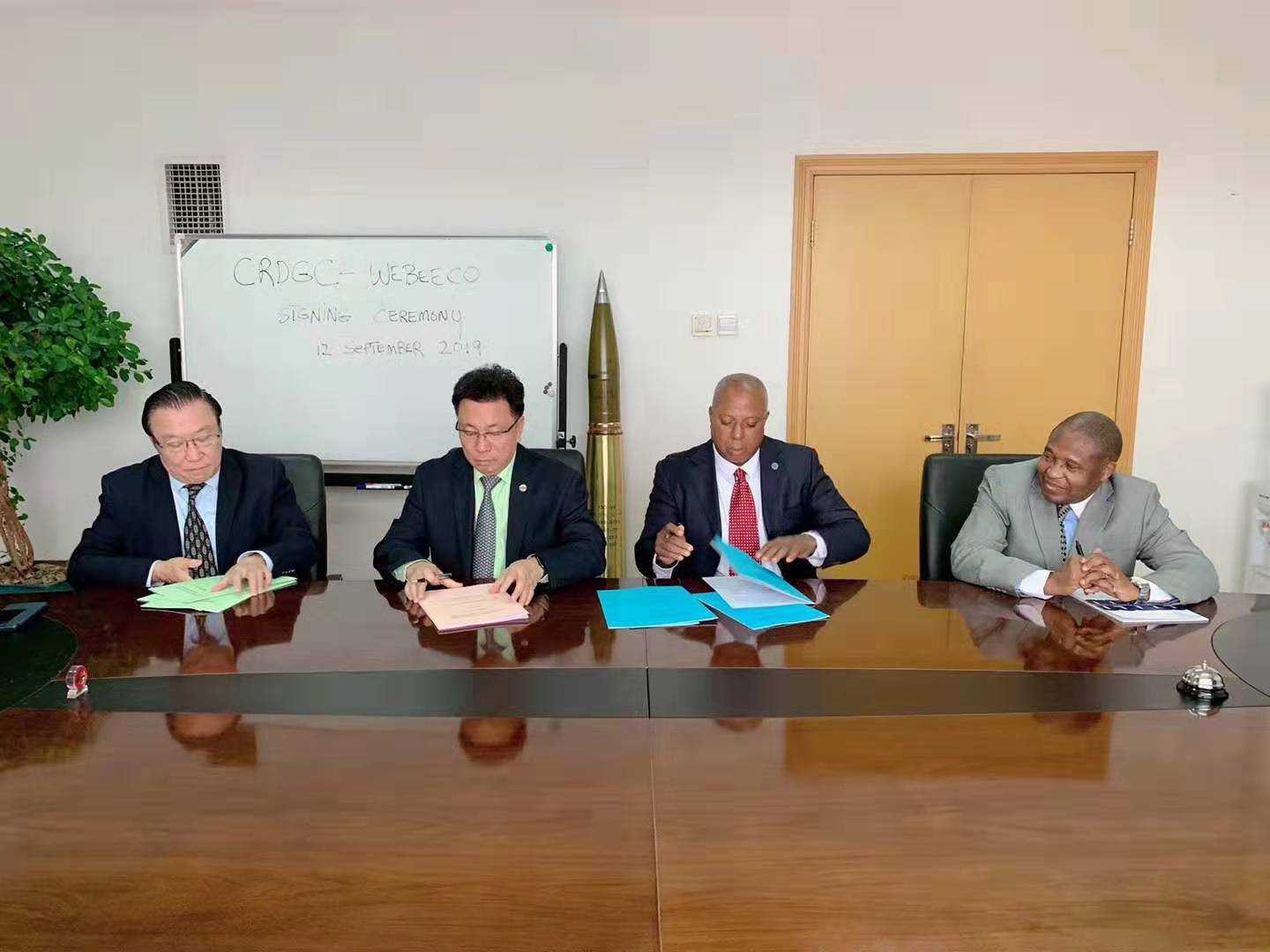
In recent years, with the development of downstream industries such as fuel ethanol, modified starch, food, chemical, textile, etc., the demand for cassava at home and abroad has increased year by year. China has become the world's largest importer of cassava. As some vehicles in the country have begun to use ethanol gasoline, the market for alcohol consumption is bullish, which has stimulated a large investment in the alcohol production industry. The industry began to use cassava stem as the main raw material to produce non-grain ethanol, which further boosted the demand for cassava and drove its price increase.
In the near future, oil resources will become more scarce, and biofuels that are easy to grow are able to make up for this deficiency. Therefore, the development of biofuel resources in Africa has attracted the attention of Western countries. Recently, many companies in the West have invested in Africa, hoping to expand the land development in Africa to obtain planting resources to meet the global biofuel development needs. The development of cassava resources in South Africa is very necessary for our country. It can alleviate the contradiction between China's economic growth and resource shortage. It can control raw materials and improve international competitiveness. The state encourages domestic enterprises, especially large state-owned enterprises, to go to production areas. Investment, starting from the control of raw materials, can effectively improve international competitiveness, and is in an invincible position in the international competition in the field of biofuels; the friendly relationship between China and Africa has laid a solid political foundation for my non-development of cassava resources.
An important part of the agreement signed between our group and the South African BEE Group is the cooperation on agricultural projects in South Africa. It is believed that with the strong support of the South African government, the cooperation of the National Belt and Road Initiative, and the cooperation of our partners, our cooperation with the South African BEE Group will be successful and contribute to the economic development of the two countries.

